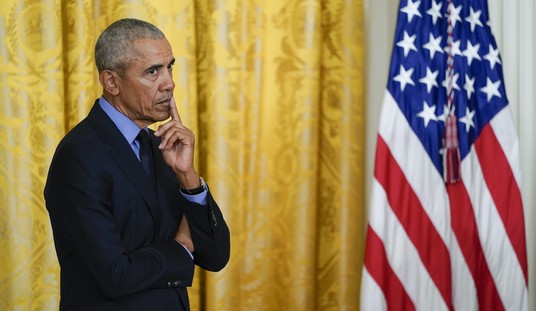I am worried that the Minnesota United States Senate race in effect will be run by the United States Senate. When one has been around as long as I have, one has seen things that seem familiar. In the 1974 New Hampshire election in, one of the State's two Congressmen, Louis C. Wyman, ran for the Senate. On election night Wyman won by 355 votes but his opponent demanded a recount. After all the disputed ballots were counted, Wyman's opponent, John Durkin, was certified the winner of the Senate seat by ten votes. After another recount Wyman won by two votes. Durkin appealed to the United States Senate, which, under Article I, Section 5, of the Constitution, is the final arbiter of such disputes. The Senate Leadership declared the seat vacant. They told Governor Meldrim R. Thomson, Jr. to appoint an interim Senator. He brought back retired Senator Norris Cotton, paving the way for another Wyman-Durkin race. On August 8, 1975 a special election was held, which Durkin won. He served in the Senate until 1980.
The same scenario may happen in the Minnesota Senate race. Al Franken has lost the recount. He may well lose the count of disputed ballots, too, if the election board allows them to be counted. At that point, if Franken can't prevail in Federal court, he may turn to Senate Majority Leader Harry M. Reid (D-NV). Reid could have the Senate wade into the disputed ballots, as Democrats did in a disputed House seat some years ago. More likely, however, Reid would have the seat declared vacant, forcing Coleman and Franken to another election.
Democrats naturally hope to achieve a 60-40 filibuster-proof majority in the Senate, so it would not be surprising to see them concentrate their resources in Minnesota and deliver the State for Franken. As the former Director of the Senate Republican Conference said to me the other day, "Nothing could demean the Senate as an institution more than to have Franken as a Member." Perhaps. But that will be up to the citizens of Minnesota to decide. The reason Franken is so persistent and will not concede is because he cannot believe that all of those hundreds of thousands of Obama voters would not have voted for him for Senate. As it stands now, lots of folks did not want to support Coleman but did not care to vote for Franken either. If Minnesota were to require another election to solve the dispute the dynamics would be entirely different.

























Join the conversation as a VIP Member